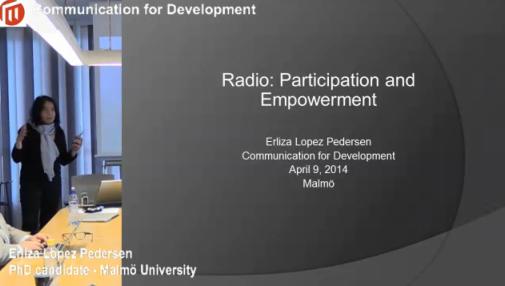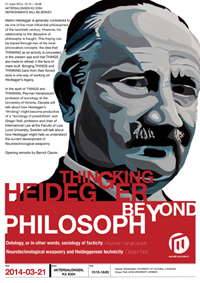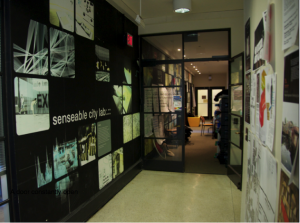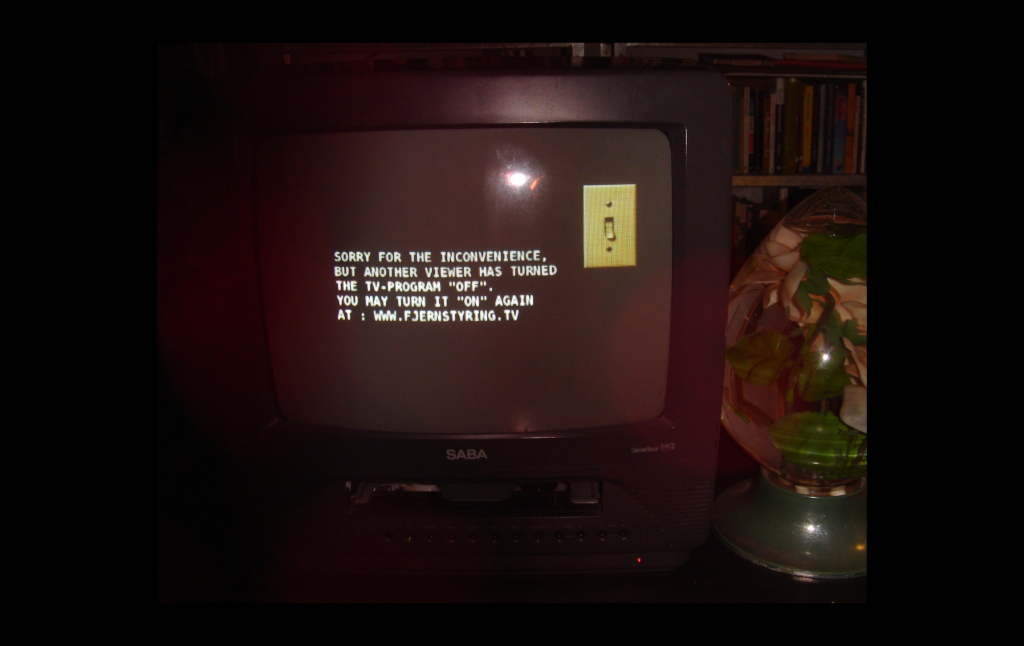Susan Jackson (senior lecturer in international relations at the Department of Global Political Studies) presented on the Militarization 2.0 project, a four-year grant funded by Vetenskapsrådet. The project studies social media in International Relations.
Susan focuses on developing methodology for using social media as a tool in researching the presence of miltary-related subjects and discourses taking place online, particularly across social media platforms. Susan strongly believes that social media can fuuntion as a fruitful way of doing research. For the project, she put together an international team of experts from the UK, Sweden and Germany who come from diverse fields such as military video games and popular culture, and private military and security companies. The project brings the researchers together to conceptualize new ways of using social media as a research tool. So far, as Susan mentioned, social media have been mainly used as tools in researching political unrest, such as in the case of Egypt or Turkey. She argues that her approach differs by concentrating more on everyday life dimension of debates carried on across social media platforms, yet with a particular focus on these touching upon militarization and their interlinkage. Moreover her team will use gender studies lens as a primary analytical tool, since as she argues, militarization can not be studied without the gender perspective. Continue reading





